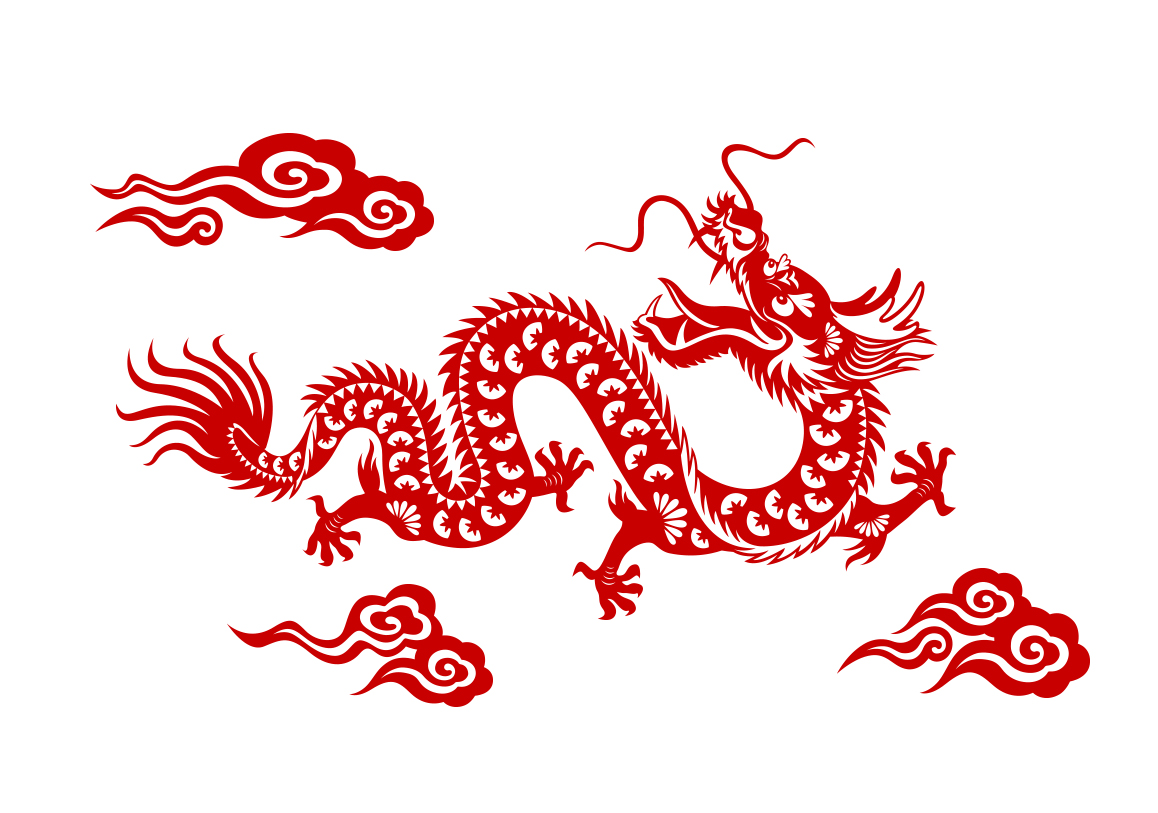Slowing economic activity has led the Chinese Central Bank to cut interest rates and promoted the Chinese government to respond with a series of reform measures which bode well for the country’s longer-term prospects.
In China, slowing economic activity and the falling inflation rate (1.6%) prompted the government to stimulate the economy. In November 2014, the Chinese Central Bank cut interest rates for the first time in two and a half years, signalling the start of a policy loosening cycle.
The reversal of property purchase restrictions led to a recovery of sale volumes and developers are starting to purchase land again in the bigger cities. Stabilisation of property prices is important for the solvency of the banking system, given the ubiquitous use of property as collateral for lending.
While the potential loosening of interest rate policies can spur a cyclical recovery, escalation of reform efforts bodes well for the country’s longer-term prospects.
Evidently, such efforts are gaining momentum on multiple fronts:
- Corruption crackdown continues unabated.
- Simplification of permit application procedures for private enterprises.
- Rural land reforms – liberalising trading of rural land rights.
- Opening-up of capital markets to foreign participation.
- State-owned enterprise (SOE) reforms – shifting focus to investment returns.
- Roll-out of more free trade zones (which have similar regulatory norms to global financial services hubs).
DISCLAIMER: The above information is commentary only (i.e. our general thoughts). It is not intended to be, nor should it be construed as, investment advice. To the extent permitted by law, no liability is accepted for any loss or damage as a result of any reliance on this information. Before making any investment decision you need to consider (with your financial adviser) your particular investment needs, objectives and circumstances. The above material may not be reproduced, in whole or in part, without the prior written consent of Platinum Investment Management Limited.

